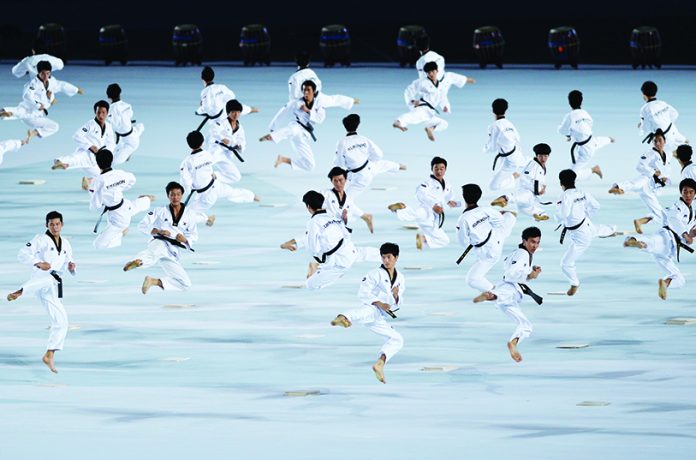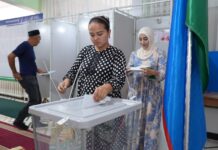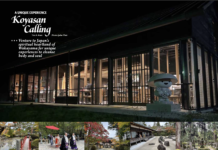Sporting competitions conjure images of athletic prowess and physical feats, with all the fanfare hiding the deft political manoeuvring required to bring these events to life. A closer inspection of the Asian Games reveals a political tapestry reflective of the deeply complex relations of the member states
Text Rachel Genevieve Chia
Photos various contributors
Politics and sports will always mix. Or, at least, that’s one view Indonesia’s Sukarno stood behind at all costs. “Let us declare frankly that sport has something to do with politics,” the former President said in 1962, when the Southeast Asian country was expelled from the Olympic movement after Israeli and Taipei athletes were refused travel visas to the Jakarta Asiad. A fervent Sukarno would later go on to create his own games, which “sent shockwaves through international sport”, Susan Brownell describes in East Plays West: Sport and the Cold War (2007).
Related: How Gaming Became an Athletic Event
Sport, arguably, did start out with ties to warfare. Researchers posit that early sports served two uses: entertainment and military training. For the latter, individual events could have been an easy way to determine which men were in the best fighting shape, while team sports could have taught our ancestors the value of cooperation among soldiers in ancient battles.

Even credit for creating the earliest version of Asia’s games must go to politics: The vigorous promotion of muscular Christianity that fuelled the global rise of the Young Men’s Christian Association (YMCA) contributed to the promotion of sport – deemed an appropriately masculine pastime for young men. (In fact, this same campaign birthed basketball, volleyball and futsal; today, the YMCA instead promotes sport as a healthy exercise.) So it came to be that in the early 1900s, three Asian YMCA offices – the Philippines, China and Japan – agreed to a combined sports meet to groom promising athletes for participation in the Olympics. The event was named the Far Eastern Championship Games (FECG).
Related: Bali’s Friendly Fire Wars
“The aim of the Games […] was to spread Western morality and masculinity among those weaker oriental people. The Games was a product of Western cultural imperialism,” writes Fan Hong in the book Sport, Nationalism and Orientalism: The Asian Games (2007).

That sporting victories were to be inextricably tangled with national identity would mark the formation of the Asiad deeply. During the First World War, Japan sought to extend control over Manchuria and the Chinese economy, leading to highly negative reactions in China and a rise in nationalist sentiment. So when China’s athletes emerged victorious at the second FECG in 1915, the Chinese chairman of the organising committee, Wang Zhengting, remarked that the competition had given his nation hope, reinforced national unity, and – somewhat darkly – emphasised the importance of training young men to be fit and powerful. After the subsequent Japanese occupation of Manchuria in 1931, and the establishment of a puppet state, Japan insisted that the newly-formed “Manchukuo” be included in the Games as an independent nation state. The Chinese withdrew from participation in protest, the 1938 edition was cancelled, and the FECG was ultimately discontinued.

The Second World War put an abrupt stop to sport meets of any kind across Asia. But the FECG was the beginning of an enduring trend for countries to use sport as an alternative battlefield: to establish superiority over one another, and create (or contest) the legitimacy of political entities. Following the conclusion of the war, Indian sports administrator Guru Dutt Sondhi proposed the Asiad as a way to unite the neutral, independent states comprising the Non-Aligned Movement. But with Taiwan and Communist China in direct competition for Chinese representation, Indonesia’s ties to the larger state culminated in the former’s exclusion from the 1962 Games, while pressure from the Gulf states over the Arab-Israeli war resulted in Israel being unceremoniously uninvited that same year.
Related: Games of the Great Khan
Sukarno then went on to create the short-lived Games of the New Emerging Forces (GANEFO) to directly challenge the Olympics. The openly political event was financially backed by China, deliberately excluded America and Western Europe, and was initially seen as a serious threat to the Olympics’ premier position in sporting prestige. But at GANEFO’s inaugural Jakarta games, so many of the roughly 50 participating nations sent athletes of sub-Olympic standard that it was clear the Asian states still had their eyes on the Olympic prize, writes Chris Connolly in the essay “The Politics of the Games of the New Emerging Forces”. The final nail in the coffin was the inability of Egypt, North Korea and China to host subsequent GANEFOs, and these games were never mentioned again….
For the rest of this article and other stories from this issue, see Asian Geographic Issue 131, 2018











